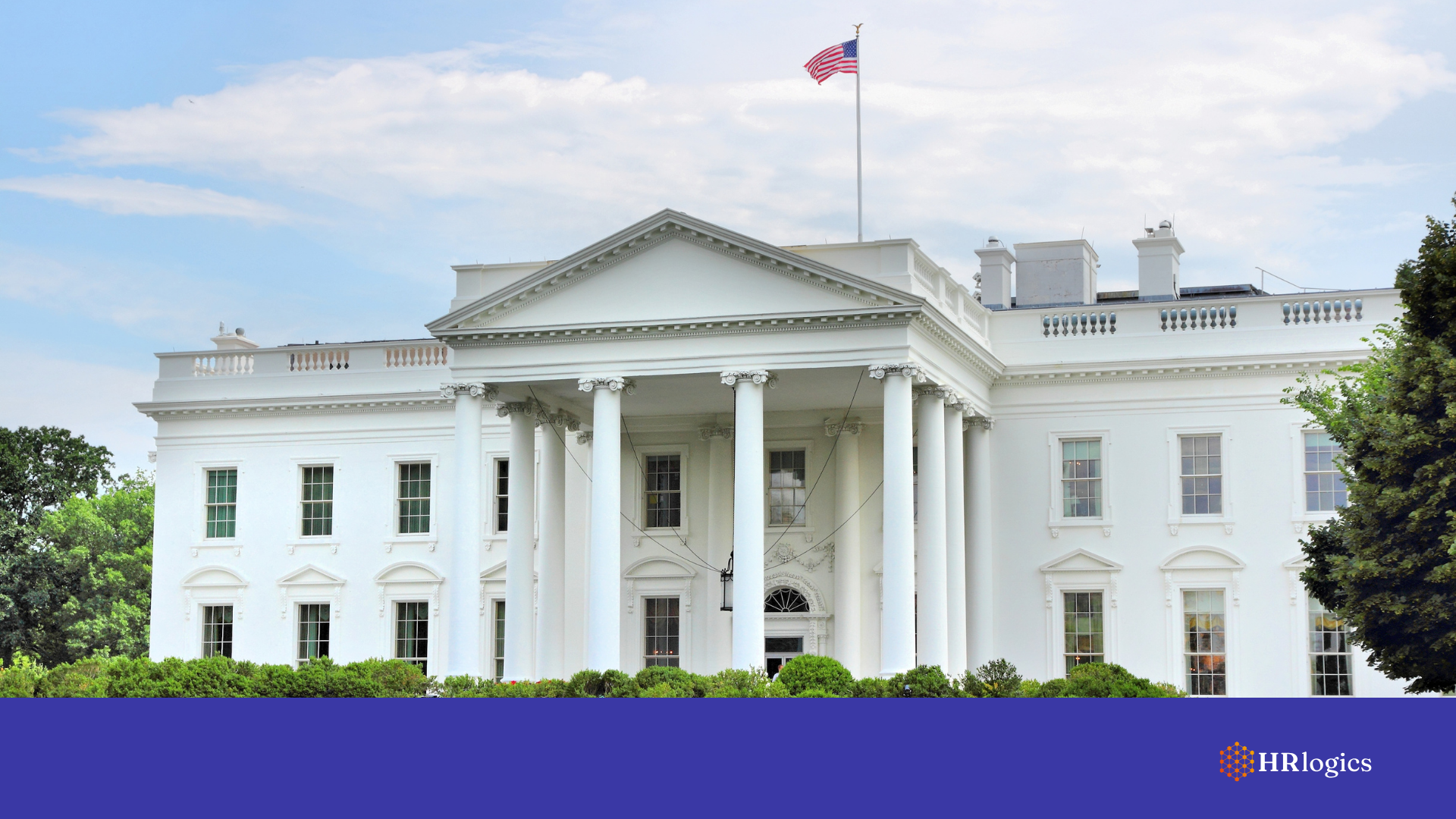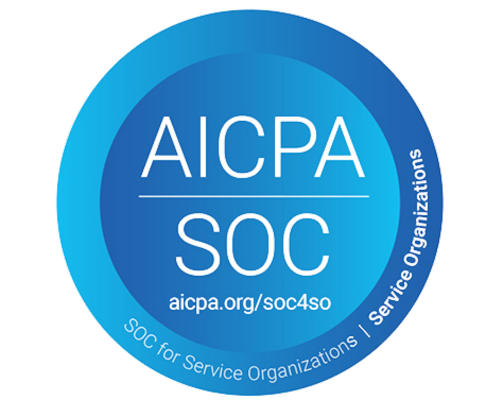Changes in the White House, Changes in Compliance? What Employers can expect in Immigration Law

Introduction
As a new administration takes office in Washington, businesses should prepare for potential shifts in regulatory and compliance requirements. Changes in federal leadership often bring new priorities in workforce enforcement, particularly around immigration laws and employment eligibility verification. Historically, political shifts have influenced how compliance standards are enforced, potentially renewing the focus on immigration-related processes such as I-9s, E-Verify, and ICE audits.
What To Expect in 2024 Compliance Shifts: Lessons from the 2017 Transition
With the recent 2024 election, employers can expect renewed focus on verifying employee eligibility under federal requirements, likely prioritizing I-9 compliance. This could mean stricter oversight of employment verification practices, similar to the 2017 Obama-to-Trump transition, when worksite enforcement and I-9 audits rose sharply. From October 1, 2017, through May 4, 2018, Homeland Security Investigations (HSI) opened 3,510 worksite investigations and initiated 2,282 I-9 audits, nearly doubling the figures from the previous fiscal year.
Employers should prepare for more rigorous I-9 audits, with potentially higher penalties for non-compliance. Even minor I-9 errors could result in costly penalties amid increased scrutiny.
In past periods of heightened immigration enforcement, agencies like the Department of Homeland Security (DHS) intensified I-9 inspections and prioritized employer training. This administration may follow suit, making it essential for employers to proactively strengthen compliance practices to avoid costly repercussions.
Strengthening Compliance Practices: Key Steps for Employers
Here’s what employers need to know about potential compliance shifts under a new administration and how to prepare by making I-9 compliance a top priority.
- Regular Internal Audits: Conducting routine checks on I-9 records can help catch errors early.
- Staff Training: Ensuring HR teams and managers understand I-9 regulations is crucial to avoiding costly mistakes.
- Updating Verification Protocols: Using digital solutions or third-party providers to handle I-9 verifications can streamline the process and reduce the risk of errors.
Republican-Led Administration: Increased Focus on ICE Raids and Immigration Enforcement
When Republicans hold office, the focus often shifts toward more stringent immigration and customs enforcement, marked by increased ICE activity alongside intensified I-9 and E-Verify enforcement efforts. Republican-led administrations frequently prioritize workplace ICE raids to discourage the employment of undocumented workers by closely inspecting workplaces suspected of hiring individuals without proper documentation. These raids not only highlight compliance standards but often lead to high-profile cases that serve as cautionary examples across industries.
ICE investigations can significantly disrupt daily operations, and if violations are identified, they can expose employers to substantial legal consequences. This underscores the need for companies to be proactive in verifying employees’ work authorization, even though ICE enforcement is typically directed more specifically at immigration status.
Under a Republican-led administration, businesses may need to enhance their compliance readiness in several critical ways:
- Enhanced Preparedness for ICE Audits: Consulting with legal experts to establish clear protocols is crucial to ensure that your company is prepared if an ICE raid occurs.
- Documentation Compliance: Maintaining accurate, thorough, and up-to-date records of employment eligibility is essential. Companies should regularly audit their documentation to minimize the risk of compliance gaps.
- Emergency Action Plans: Designating points of contact and creating detailed protocols can help ensure that your team knows how to respond effectively if ICE initiates an inspection. An organized plan minimizes potential disruptions and keeps the company prepared for any regulatory scrutiny.
Shifting compliance priorities underline the need for flexibility in internal processes. Democratic administrations may prioritize proactive I-9 audits, while Republican leadership often emphasizes ICE compliance. Preparing for either scenario can help protect your business from unexpected liabilities and maintain smooth operations.
Policy Shift Readiness: Key Strategies for Employers
To help manage these fluctuations in federal priorities, employers should consider the following strategies:
- Routine I-9 Audits: Regularly scheduled I-9 audits, either in-house or with a trusted third-party provider, can help identify errors early and demonstrate proactive compliance in the event of an audit.
- Flexible Compliance Programs: Develop a flexible compliance strategy that can adapt to either I-9 enforcement or ICE-focused policies. By reviewing your records and policies regularly, your team can stay prepared for either direction.
- Leveraging Third-Party Solutions: Companies such as HRlogics offer services like Clear I-9 to assist with I-9 compliance and verification, helping employers avoid fines and ensure accuracy. A third-party provider can be invaluable in reducing the administrative burden of maintaining compliance in a shifting political climate.
Conclusion
No matter who sits in the Oval Office, compliance remains a vital aspect of running a successful business. A changing administration might shift federal priorities, but with preparation and proactive policies, companies can maintain strong compliance practices, adapt smoothly to new regulations, and avoid costly disruptions. Employers who remain vigilant, conduct regular internal checks, and stay informed on changes in federal policy will be best positioned to navigate any new compliance challenges that come their way.
By preparing now, your business can ensure a smoother transition as new policies emerge and continue to thrive under evolving regulations.
Clear I-9 is here to help you manage this transition. Offering a streamlined solution for employers aiming to stay compliant in an evolving regulatory environment, Clear I-9 handles the intricacies of I-9 verification, taking the burden off your HR team and ensuring that your records are consistently accurate, up-to-date, and audit-ready.
Whether preparing for potential I-9 audits or ensuring readiness for ICE inspections, Clear I-9 is a trusted partner in keeping your business compliant, efficient, and protected.
Have Questions or Need More Information?





